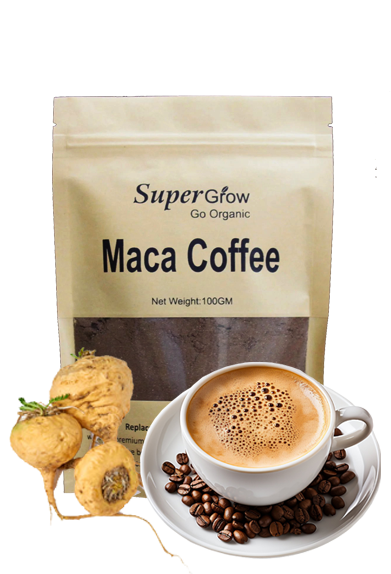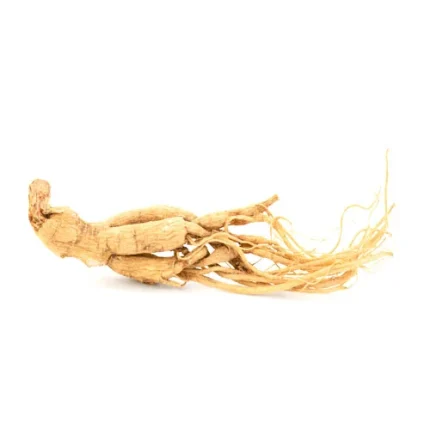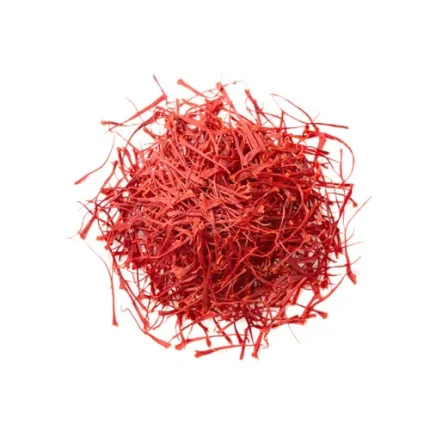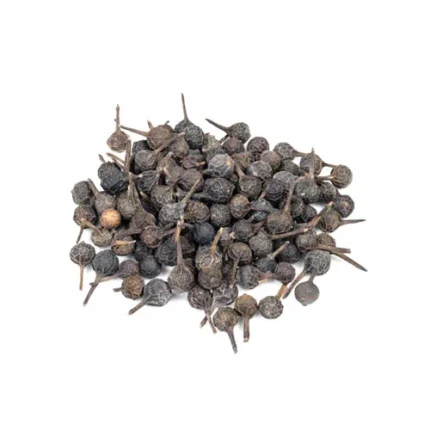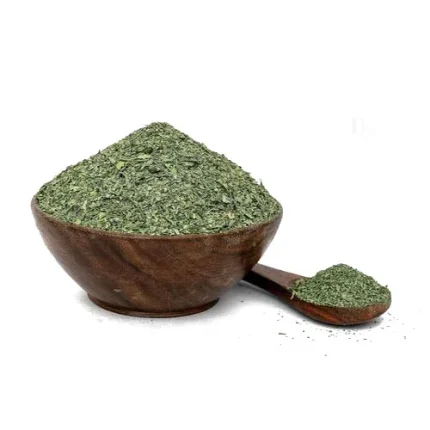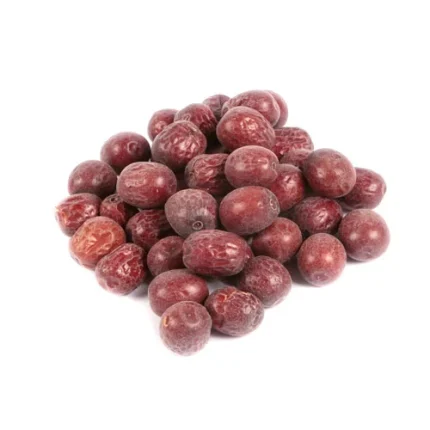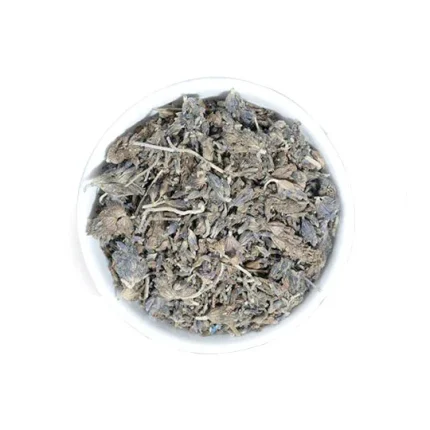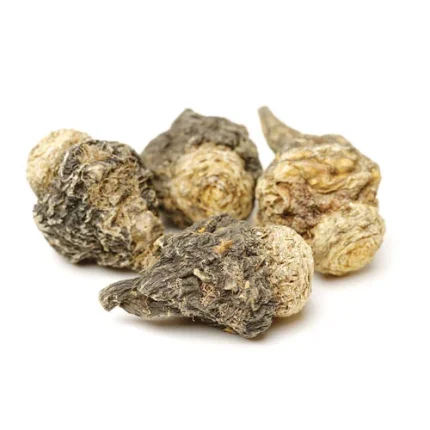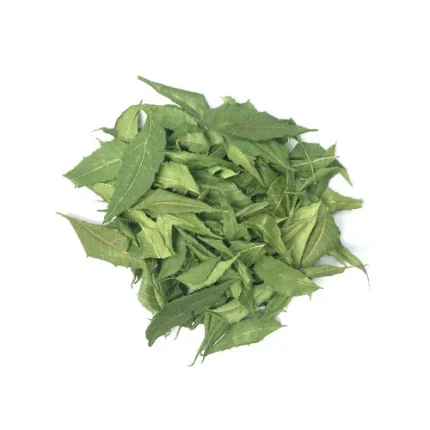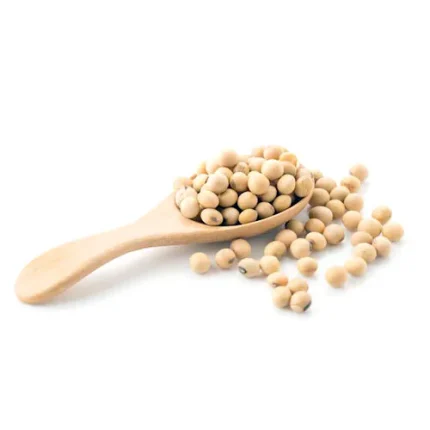Scincus scincus(Sandfish Skink/Raigh Mahi) سکنکس سکنس
₨900 – ₨38,000
Overview:
Scincus scincus, also known as the sandfish or common skink, is native to the desert regions of North Africa and Southwest Asia. It can “swim” through sand by using a sinusoidal motion similar to a fish. This unique locomotion enables it to move efficiently through loose sand, disappearing beneath the surface in seconds.
Benefits:
Skin Conditions Treatment:
In traditional medicine, people use dried skins topically for conditions like eczema, psoriasis, and wounds. It is believed that the proteins and compounds in the skins may have soothing or healing effects. However, there is limited scientific evidence supporting this.
Joint and Muscle Pain Relief:
Some traditional remedies claim that dried skins, when ingested or applied, can help with joint pain, arthritis, and muscle aches. These claims are mostly based on anecdotal evidence rather than scientific studies.
Respiratory Conditions:
Certain cultures use dried skins as a remedy for asthma or bronchitis. It is believed that inhaling or ingesting compounds from the skins may alleviate symptoms. However, little scientific support exists for these claims.
Nutritional Value:
Some cultures view dried skins as a source of protein, though nutritional content varies depending on the species and preparation method.
Uses:
Food Source:
In certain regions, people consume skinks for their nutritional value, particularly protein. However, consuming reptiles may raise concerns about sustainability and conservation.
Research and Education:
Researchers study Scincus scincus to better understand its biology, behavior, and desert adaptations. It also serves as an educational tool for teaching about reptiles, ecosystems, and biodiversity.
Biomimicry and Biomedical Research:
The sandfish’s unique movement through sand has inspired biomimicry research. Scientists study its locomotion to develop technologies for challenging terrains and have potential applications in biomedical research for musculoskeletal disorders and prosthetics.


 Shop layouts
Shop layouts
 Food Supplements
Food Supplements
